T4K3.news
World marks Hiroshima anniversary with renewed nuclear fears
Global leaders reflect on nuclear conflict amid rising tensions and military strategies.
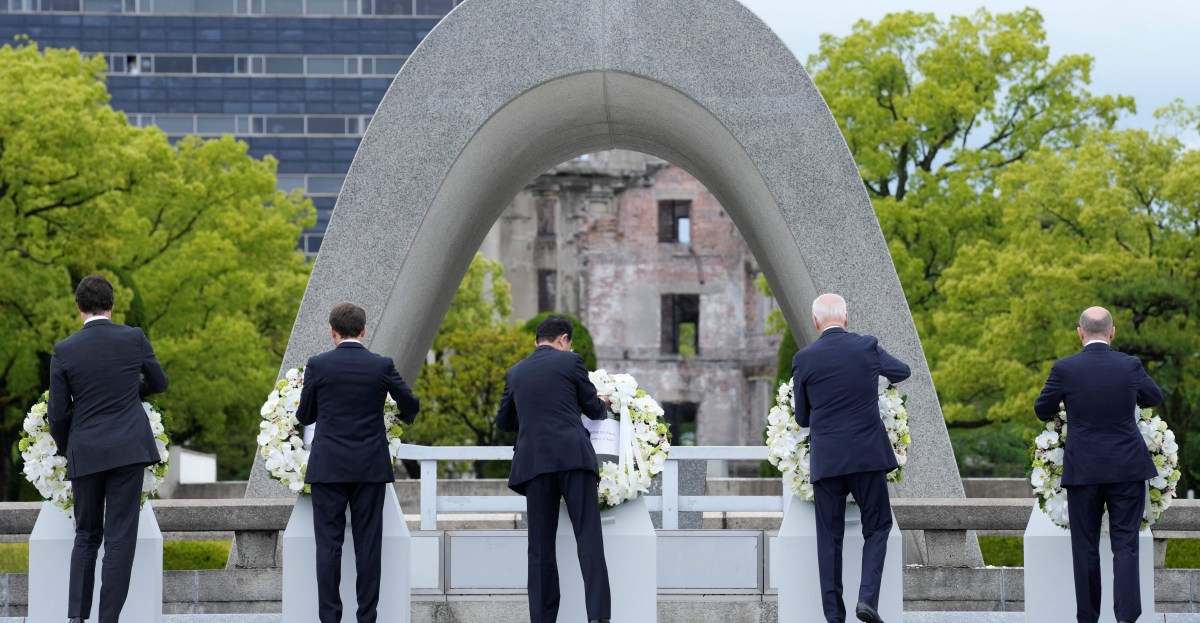
World leaders reflect on nuclear conflict as tensions rise among superpowers.
The renewed belief in nuclear war victory raises concerns
As the world commemorates the 80th anniversary of the Hiroshima bombing, the notion that nuclear war can be won is resurfacing. This is evidenced by joint statements from the leaders of nuclear-armed nations affirming that nuclear weapons are primarily for defense and deterrence. However, real actions from these nations indicate a different belief—one that suggests they may be preparing for scenarios where they could emerge victorious in a nuclear conflict. Amid increased tensions, particularly between the US and Russia, experts express concern that the idea of limited nuclear warfare is becoming dangerously mainstream. Supporters argue for strategic planning for such scenarios, while critics warn that it heightens the risk of escalation to full-scale war.
Key Takeaways
"Nuclear war cannot be won and must never be fought."
This assertion was reaffirmed by nuclear powers at a recent summit, reflecting an ongoing belief among leaders.
"Planning for limited nuclear war may increase the likelihood of actually fighting one."
Critics warn that strategies for limited nuclear conflict could lead to catastrophic decisions.
"The risks of miscalculation make any nuclear option a gamble."
Experts highlight the dangers of assuming rational decision-making during nuclear crises.
"The fear of nuclear weapons has helped prevent their use for the past 80 years."
The enduring legacy of Hiroshima and Nagasaki underscores the importance of nuclear non-use.
The rising belief in the idea that nuclear war may be winnable introduces a precarious shift in military strategy. This perspective suggests that nations may consider first-use options, which contradict the long-held maxim that nuclear conflict is inherently disastrous. Such developments not only challenge decades of nuclear deterrence principles but also risk normalizing the potential use of nuclear weapons, leading to an unpredictable international landscape. As nations like the US reassess their nuclear strategies in light of perceived threats, the stakes of miscalculation become alarmingly high, potentially igniting a catastrophic conflict.
Highlights
- No one truly wins in a nuclear conflict, yet the world is contemplating the impossible.
- History shows that nuclear war planning can provoke the very conflict it's meant to prevent.
- The belief in winning a nuclear war is a dangerous delusion we can't afford.
- Nuclear deterrence is losing ground to reckless assumptions about limited warfare.
Concerns over nuclear conflict escalation
The renewed belief in limited nuclear warfare risks normalizing the potential use of nuclear weapons, increasing global tensions.
As tensions escalate among nuclear powers, the potential for miscalculation looms larger every day.
Enjoyed this? Let your friends know!
Related News
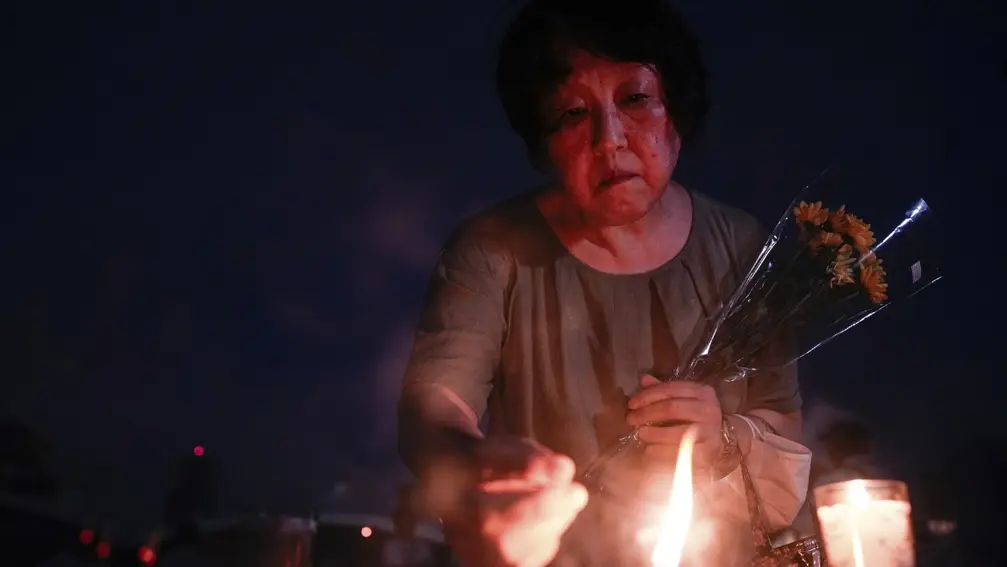
Hiroshima commemorates 80th anniversary of atomic bombing
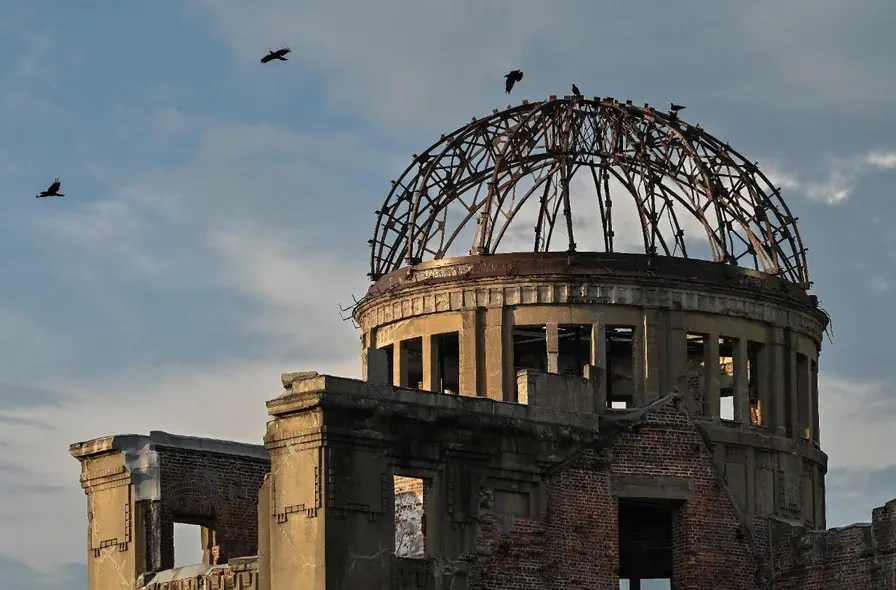
Pope urges commitment to peace on Hiroshima anniversary
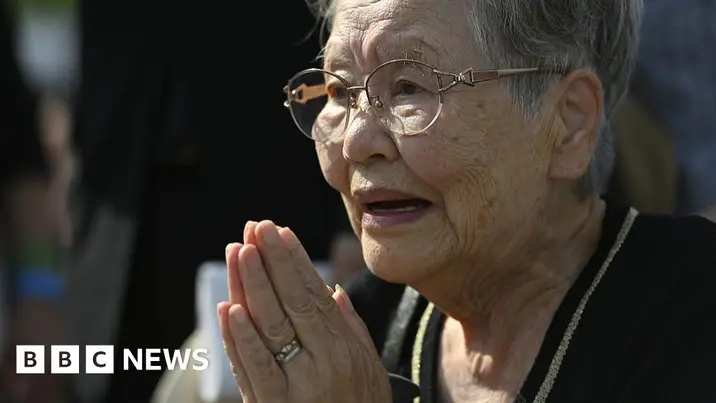
Hiroshima commemorates 80 years since atomic bombing

World marks Hiroshima's 80th anniversary amid nuclear tensions
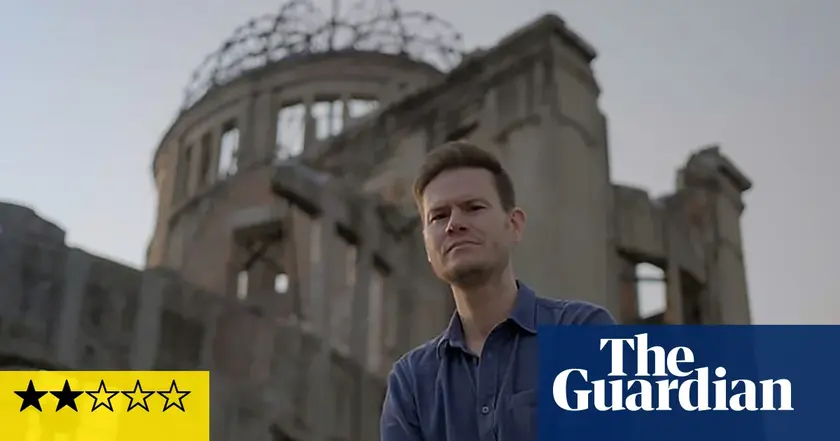
BBC's Hiroshima documentary criticized for brevity

Hiroshima mayor urges nuclear disarmament on anniversary
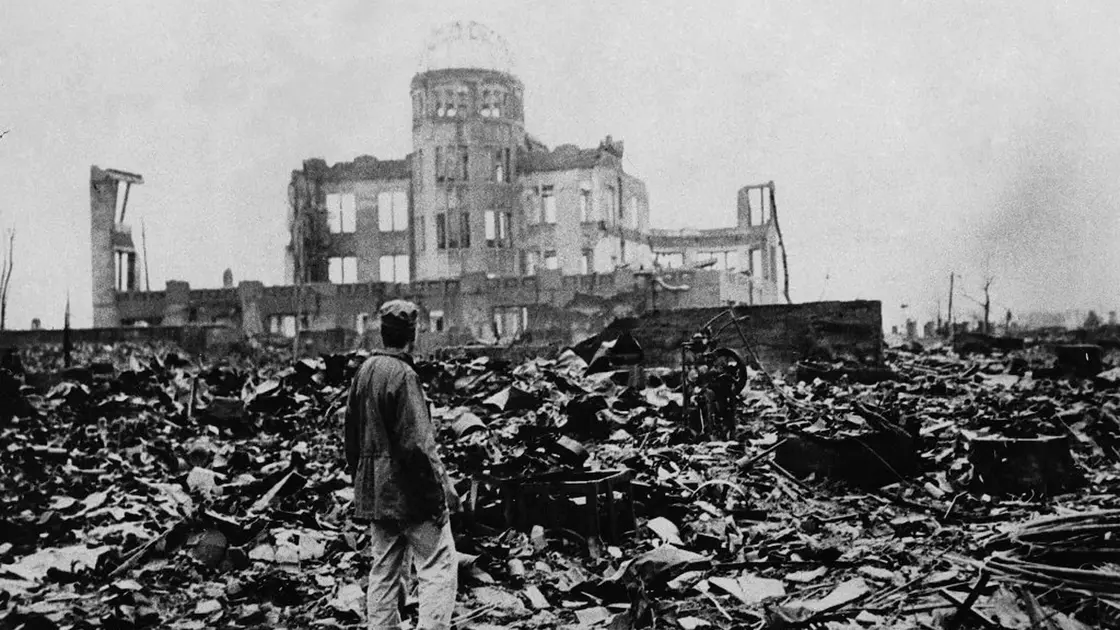
Japan marks 80th anniversary of Hiroshima bombing
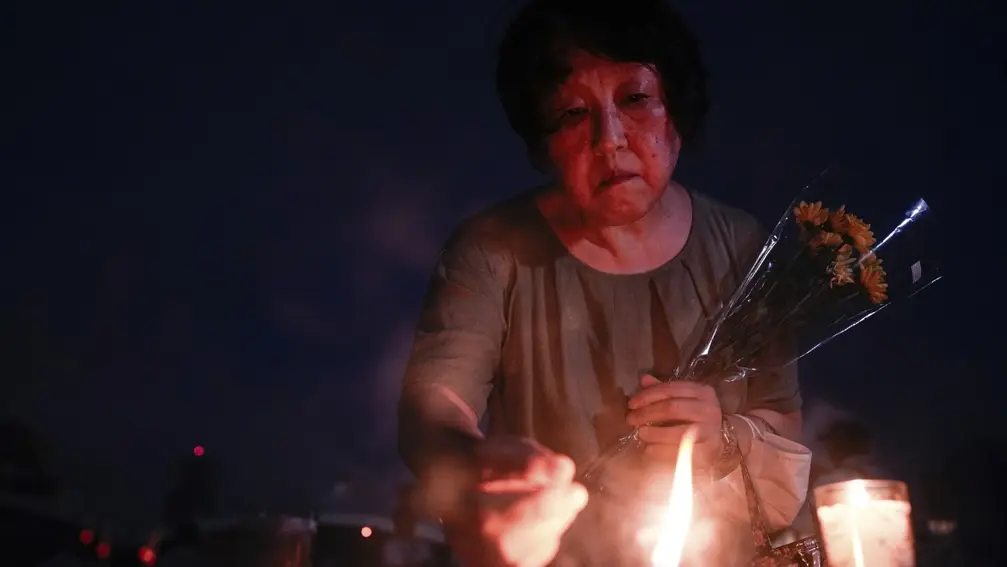
Hiroshima marks 80th anniversary of atomic bombing
